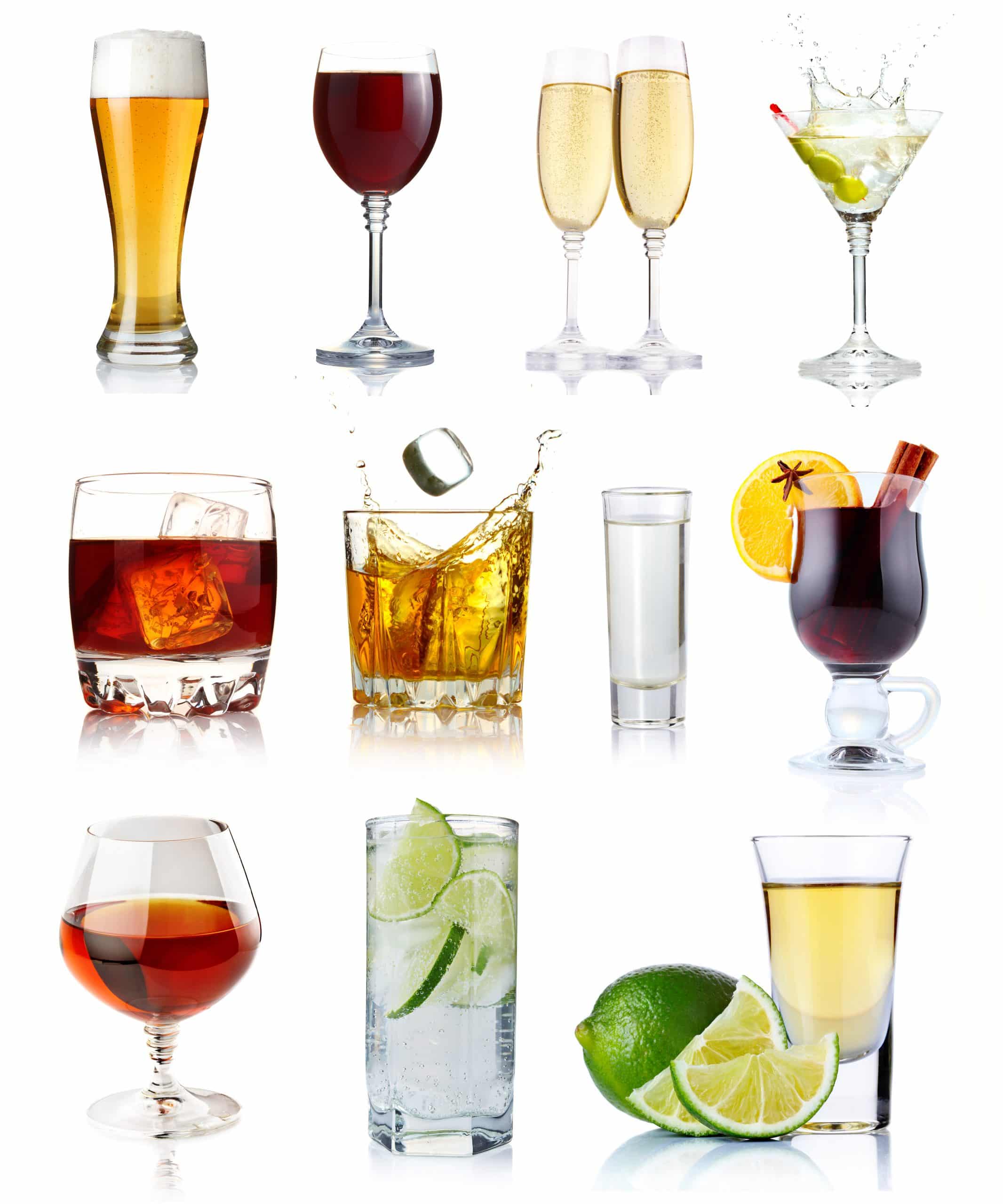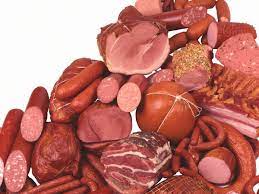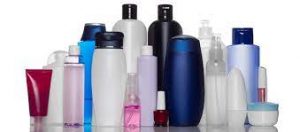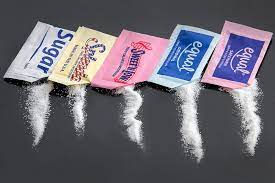What Products Contain Known Carcinogens?
Many products have been found to contain known or suspected carcinogens, which are substances that can increase the risk of developing cancer. It’s important to note that regulations and research on this topic can vary by region and over time, so what might be considered a known carcinogen today might not have been in the past, or vice versa.
Here are some examples of products that have been associated with known or suspected carcinogens:










It’s important to stay informed about product safety, read ingredient labels, and follow health guidelines to minimize exposure to potential carcinogens. Keep in mind that scientific understanding and regulations around carcinogens can change over time as new research emerges. If you’re concerned about specific products, it’s a good idea to consult with healthcare professionals or trusted sources for the most up-to-date information.
